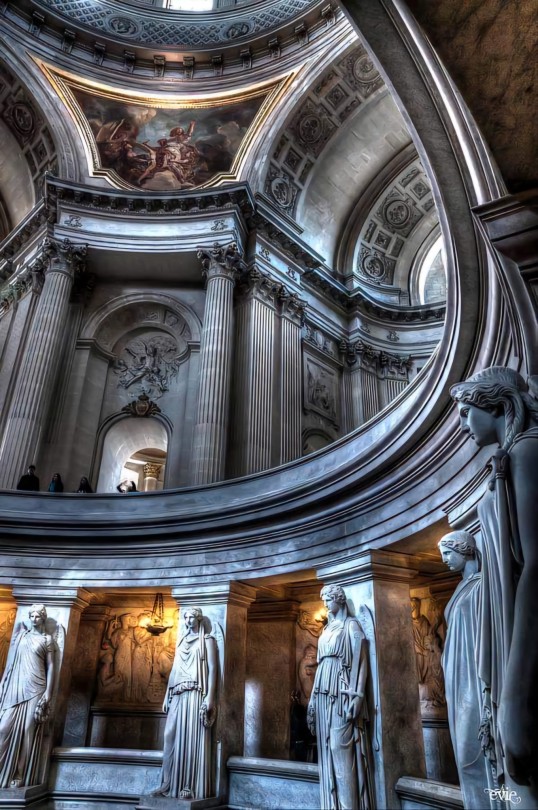#napoleonic France
Text

Naw, why isn't anybody talking about this? 💀
#history#history memes#napoleon bonaparte#tsar alexander i#1800s painting#19th century#France#russia#Napoleonic France#russian empire#gay
43 notes
·
View notes
Text
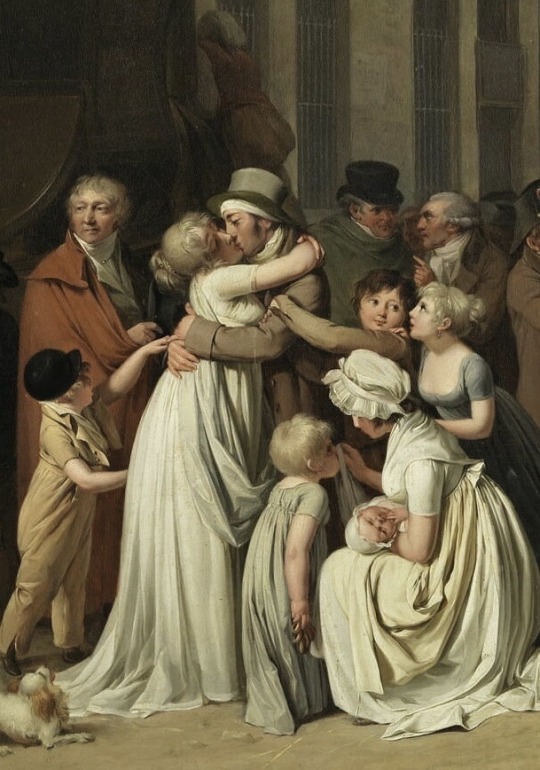

Lovers in Napoleonic Paris, circa 1803
Louis-Léopold Boilly, French
#louis léopold boilly#boilly#19th century#1800s#1803#Paris#France#napoleonic era#napoleonic#consulate#first french empire#french empire#art#french#empire#empire style#french art#napoleonic France#genre#genre painting#19th century art#pretty#portrait#history of fashion#lovers#love#painting#early 1800s#napoleon#fashion
56 notes
·
View notes
Note
I'm still pretty new to everything Napoleon. I know about Lannes but what happened with Junot?
Hello! Thank you for the ask - I'll give a brief account of Junot which just mostly focusses on him and Napoleon, so lots of stuff is left out. This is very much a nutshell version.
-
Junot and Napoleon were close friends when they were in their 20s. Super close - had a flat together, that sort of thing. Laure Junot, whose memoires one should treat cautiously, intimated that there was more than just friendship between them at this point. But if that is the case, we'll never know for certain.
They met in Toulon in '93 - Napoleon's account of their first meeting from Las Cases' memoirs of Saint Helena:
During the construction of one of the first batteries that Napoleon, on his arrival at Toulon, ordered built against the English, he asked in the field for a sergeant or corporal who knew how to write. Someone stepped out of the ranks and wrote what [Napoleon] dictated, on the retaining wall itself. The letter was barely finished when … cannon-fire sprayed it with dirt.
‘Good,’ said the writer, ‘now I won’t need any sand [to dry the ink].’ This joke and the calm with which it was made, drew Napoleon’s attention and made the sergeant’s fortune: this was Junot.
As Napoleon climbed up the greasy pole, the power and expectations of interpersonal relationships being more formal but a strain on his and Junot's friendship. Junot, like many who knew Napoleon from the early days, loved Bonaparte, not the emperor. They put up with the emperor out of love for who he was and who he could still be if you wrenched his head out of his own arse long enough (I say with affection).
Junot was always a bit of a high-low person when it came to mood, I definitely suspect he suffered from some form of mental health issue that was absolutely untreated because you know, it was the late 18th and early 19th century.
Napoleon's ability to have sympathy for others was never his strongest point. When it was someone who had mental health issues, an issue Napoleon most likely thought* was something you just needed to "buck up" and "try harder" etc., well, Napoleon's grace over the situation only extended so far. (And by so far I mean like, 5 centimeters.)
-
*Note: Napoleon, of course, had his own mental health issues for sure. He just did the classic "if I bury it deep enough, and never ever look at it, I'm sure it will never bother me again or impact my decision making and ability to have fulfilling relationships in my life. I am fine. I have never been better." [Cue Josephine staring into the camera like she's on the Office]
-
In 1800, Napoleon named Junot Commandant of Paris on the condition that he marry because, it seems, there were too many rumours flying around about the two of them. (Talleyrand speculated about Napoleon and either Junot or Bourienne - I can't remember which one.) Dutifully, Junot married Laure.
Junot was an excellent Commandant. He excelled in his more ambassadorial/representative roles to a degree that he never quite matched militarily (though he was no slouch as a general). It has been speculated that one of the reasons Napoleon never made Junot a marshal was the same reason as why he didn't make Duroc a marshal: he needed his talents in less militarial roles and as a marshal it wouldn't be appropriate to appoint him to certain positions.
I don't know that there's much proof of this, but we really never get a clear glimpse into Napoleon's early reasons for withholding the baton from Junot. It's obvious why, later, circa Russia, but ahead of that? Unclear.
(Side note: Duroc was like "why would I want to be a marshal of France when I can be the head of Napoleon's household and literally never leave his side?? One is better than the other and it's not the marshalate.")
At some point in Junot's military career, I want to say when he was in Spain with Massena, he had a severe head wound which exacerbated whatever existing troubles he had. (And note that this was one of many wounds - nor was it his first head wound. It's just the one people in his own life pointed to as a moment of change.)
Junot had jealous and possessive tendencies, something that drove Napoleon a little batty, and they got worse. He also became more moody, suspicious of people, emotional regulation became more difficult and so on and so forth.
I really do feel for Junot. I really, really do. Especially because he so very much loved Napoleon (fought a duel for him in Egypt, though Napoleon was like: maybe...don't) and Napoleon was the least sympathetic person to be around if you're suffering from mental health challenges.
-
Napoleon: have you tried fresh air? going for a walk? a ride? touching grass?
Junot: Pretty sure that won't help the root cause but ok.
Napoleon: How about just...trying harder? to be normal?
Junot, stares at Napoleon: define "normal". Napoleone. We were roommates.
Talleyrand: OH MY GOD THEY WERE ROOMMATES.
Napoleon: Charles, get out.
-
While Junot was in Portugal, and later Spain, he wrote Napoleon a series of desperate letters begging him to reappoint Junot as his aid-de-camp. We unfortunately don't have these letters anymore, Napoleon was notoriously secretive and private when it came to personal correspondence and had a habit of burning lots of it (e.g., all of Josephine's letters to him).
However, we do have Laure Junot's account of Napoleon's reception of Junot's pleading. Laure writes:
‘Look here, Madame, what your husband writes to me!’ said the Emperor, ‘Read this and tell me if he sends you such letters.’
I read these letters, and this caused me some pain: my husband sent me affectionate missives, but never in the tone of a lover; here were letters that resembled those between Julie and Saint-Preux, or those of the Portuguese nun.*
Napoleon then goes on and says:
“In admitting that Junot loves me more than anything in the world … [he demonstrates] that he does not love me more than his own ambition”
To which Laure replies:
"He loves you, Sire, more than all the honors that you can give, more than your crown, more than me perhaps, for it was pride that made me say the contrary just now, perhaps even more than his children!”
-
*Note: She's referencing Guilleragues’s Portuguese Letters (1669) and Rousseau’s Julie or the New Héloïse (1761)
Also, as I said above, treat Laure's accounts cautiously. As with all memoirs, she is positioning certain scenes with a purpose and some things are downplayed, or exaggerated, accordingly.
-
Anyway, Junot's mental stability decreased over the course of the 1810s, and it didn't help that it was pretty clear he was out of favour with Napoleon and really, his love for Napoleon, and Napoleon's frienship, was the be-all end-all of his life. Even Duroc noted: “Poor Junot! It’s that he’s like me! The Emperor’s friendship is our whole life.”
His downfall was the Russian campaign where Napoleon blamed him for allowing the Russian army to retreat after the Battle of Smolensk. Junot's record during the campaign was hit and miss - he performed well in some instances and not-great/erratically in others. But it was Smolensk that made Napoleon vow to never make Junot a marshal (which was something Junot desperately wanted). With regards to Smolensk, Junot always claimed he never received an order to attack and so the wasn't to blame for Russian retreat.
In 1813, Napoleon dismissed Junot from military duty and sent him off to be ambassador in Illyria, a more marginal/not prestigious post which Junot, rightly or wrongly, saw as a form of exile.
During his ambassadorship he famously entered a ballroom wearing nothing but his epaulettes and his medals.
Brian Martin writes in Napoleonic Friendship:
While one could blame Junot’s naked diplomacy on his progressive dementia, his shocking entrance can also be seen as a kind of buff rebuff to Napoleon. After a lifetime fighting for Bonaparte, watching shrapnel rip into young men’s bodies, leading thousands of soldiers to their deaths, and suffering twenty-seven wounds* of his own, Junot offered his own ravaged body as a hideous and spectacular product of Napoleon’s violence.
-
*Note: Junot says he had 17 wounds, not sure where Marin got 27 - unless there were wounds Junot wasn’t counting. Definitely possible.
-
After this incident, Junot was swiftly recalled back to France where he soon after died by suicide.
In his final letter to Napoleon he wrote:
“I who love you with the affection of a savage for the sun, I who am entirely yours. Well then: this eternal war that we must fight for you, I want no more of ! I want peace! I want finally to repose my tired head, my sore limbs … to enjoy that which I earned … with my blood! The blood of an honest man, of a good Frenchman, of a true patriot. I therefore ask, at last, for that tranquility that I earned through twenty-two years of effective service and seventeen wounds from which my blood has flowed for my country, and for your glory." (emphasis in original)
After Junot's tragic death, Napoleon ordered that Junot's personal papers be seized and destroyed as he was afraid their personal correspondence might make its way to a public forum.
-
As I said at the front, this is a very fly-by-seat-of-pants overview of Junot's life. But he is a truly tragic figure in Napoleonic France and I just...want to give him a hug and get him some mental health support.
Thank you again for the kind ask!
#junot#Jean-Andoche Junot#napoleon bonaparte#napoleonic france#ask#reply#anon#history#19th century#18th century
112 notes
·
View notes
Text




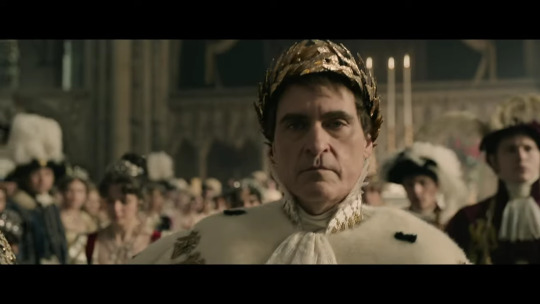






Napoleon-Official Trailer (2023) Joaquin Phoenix, Ridley Scott
#napoleon#napoleon bonaparte#period piece#history#france#revolutionary france#napoleonic france#film
1 note
·
View note
Text

This was NOT on my 2024 bingo card
Here is what the museum had to say about it because it’s funnier than any news article
#Napoleon#france#napoleón bonaparte#Museum#french#coup attempt#fake-destiel-news#news#meme#destiel meme#unreality#this is fake news#Truth: this has not happened but wouldn’t it be so funny?
2K notes
·
View notes
Text

The courthouse building for the Tribunal de Commerce,
Paris, France,
Built between 1859 and 1865 on a design by architect Antoine-Nicolas Bailly, inspired by the Renaissance Palazzo della Loggia in Brescia. It was ceremoniously inaugurated by Napoleon III on 26 December 1865.
Credit: Bon Voyage Cleo
#art#design#architecture#history#style#interior design#grans staircase#courtgouse#paris#france#antoine-nicolas bailly#palazzo#palazzo della loggia#napoleon III#bonvoyagecleo
860 notes
·
View notes
Text

#How to Tell if Napoleon is in Your Living Room#tips#tricks#life hacks#helpful hints#advice#Napoleon Bonaparte#Napoleon#France#history#unreality
1K notes
·
View notes
Photo
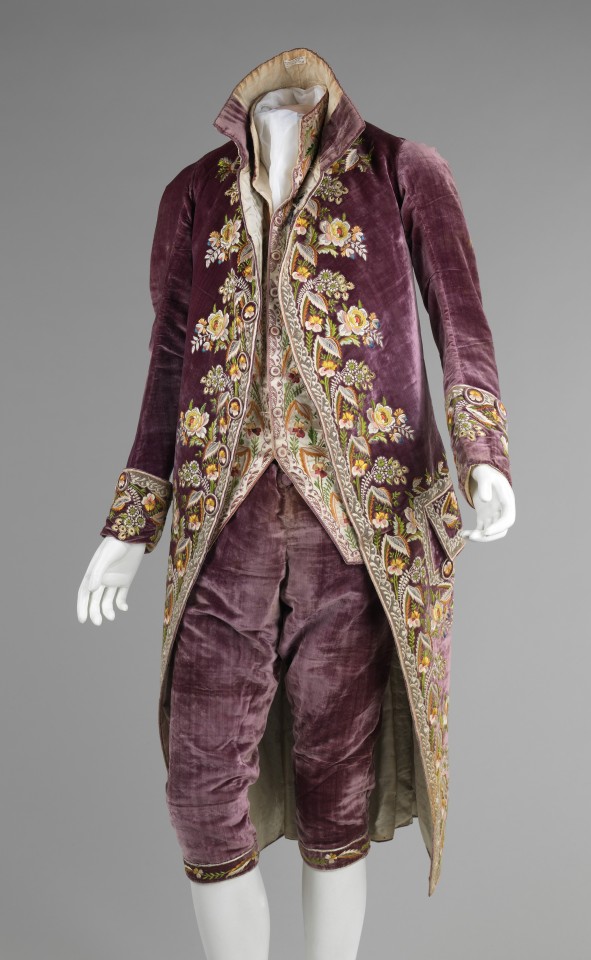
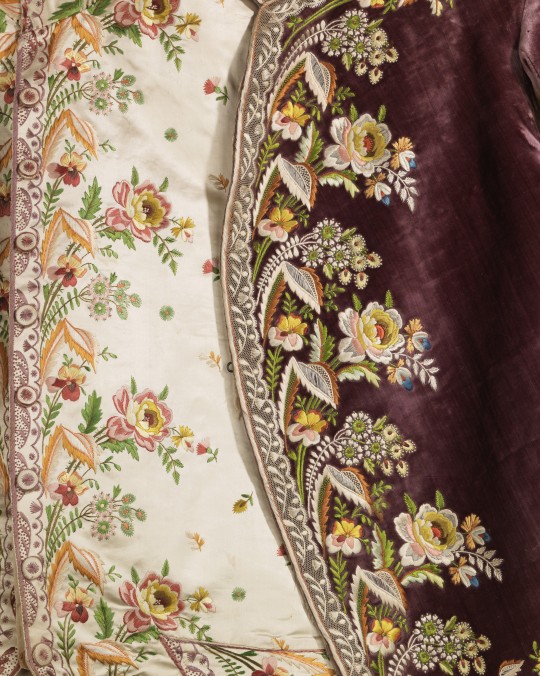
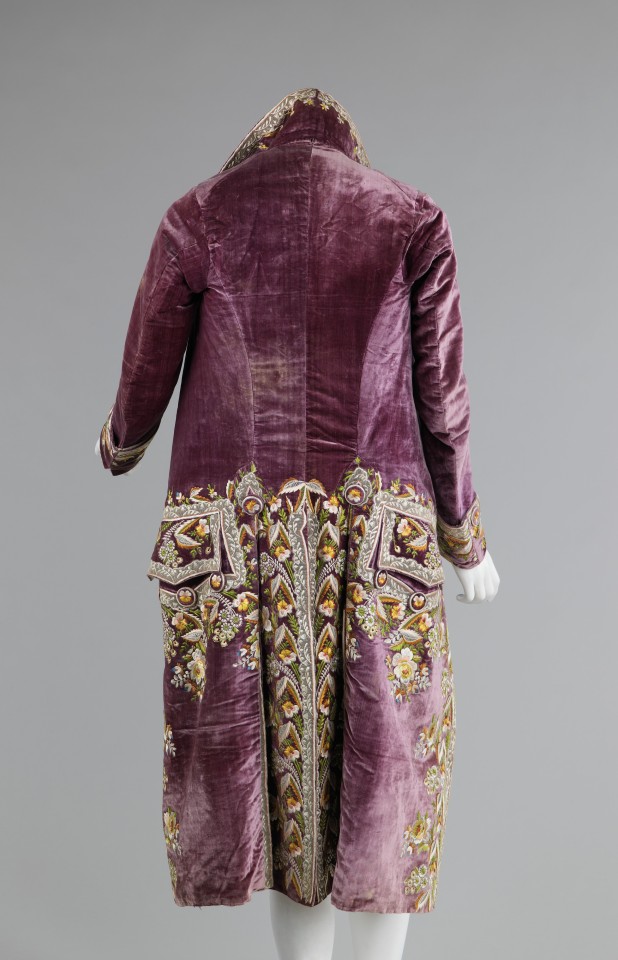
Court Suit
c.1810
France
This three piece suit is exemplary of skilled French embroidery and the silhouette of men's court wear during the time of Napoleon Bonaparte (1769-1821). Bonaparte revived the importance of court traditions when he crowned himself Emperor in 1804. This revival necessitated the recreation of acceptable court dress, which had been defunct since the elaborate and costly court of Louis XVI (1754-1793) prior to the French Revolution. The intricate embroidery pattern is intriguingly mimicked between the waistcoat and coat, reinforcing its status as a full suit. (The MET)
The MET (Accession Number: 2009.300.1001a–c)
#court suit#menswear#mens fashion#1810s#empire#19th century#purple#floral#embroidery#france#first empire#napoleon#1810#silk#the met#popular
2K notes
·
View notes
Text

Robe sword and scabbard 1802-03
In 1799 a new system of government, led by three Consuls, was introduced in France. Napoleon was elected First Consul. A sword of this pattern was provided to each of them, although this one is of a later date and must have been a replacement for the original. It was acquired by George IV with a certificate swearing that it had belonged to Napoleon himself.
#sword#swords#scabbard#scabbards#windsor castle#versailles#napoleonic#napoléon#napoleon#napoleon bonaparte#napoléon bonaparte#france#french
316 notes
·
View notes
Text
I’m losing it at the guy who posted on r/napoleon asking if it was worth it to make a side trip to Paris from a trip to Poland to see Napoleon’s tomb
mentioned that losing his virginity was on his bucket list
Receiving comments being baffled and a few comments going “lose your virginity on/at the tomb!”
And then clarifying that he meant his napoleonic virginity, never visited Austerlitz or Waterloo or held a genuine sword
why would you fucking phrase it that way
#cadmus rambles#cad rambles about dead Frenchmen on main#also Poland to France is not what we would call a side trip#did I lose my napoleonic virginity when I saw Bernadotte’s marshal stuff?????
227 notes
·
View notes
Text
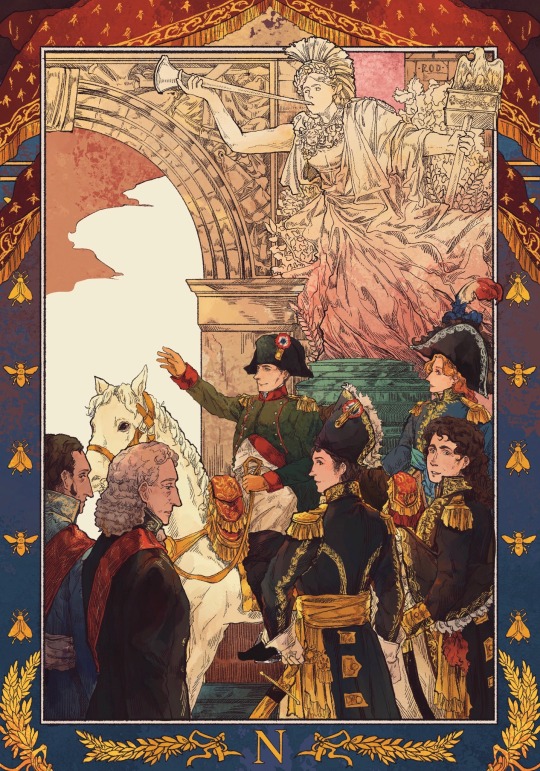
Le soleil d’Austerlitz! 【3/6】
Fouché and Talleyrand⬅️➡️Lannes and Murat
620 notes
·
View notes
Text
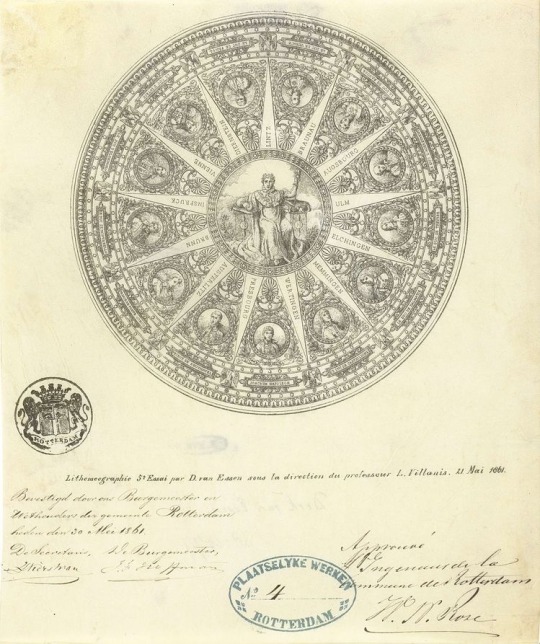
Napoleon and his generals, Derk van Essen, 1861
Source: Rijksmuseum
#Napoleon#French marshals#napoleonic era#napoleon bonaparte#1861#19th century#1st empire#first french empire#art#french#France#revolutionary france#Napoleonic France#rotterdam#Dutch#holland#the netherlands
8 notes
·
View notes
Text

Prince Louis-Napoléon Bonaparte (son of emperor Napoléon III) by Alex Bassano, c. 1879.
#france#history#19th century#victorian#victorian era#1800s#1870s#napoleon#napoléon#napoleon iii#royalty#antique
207 notes
·
View notes
Text
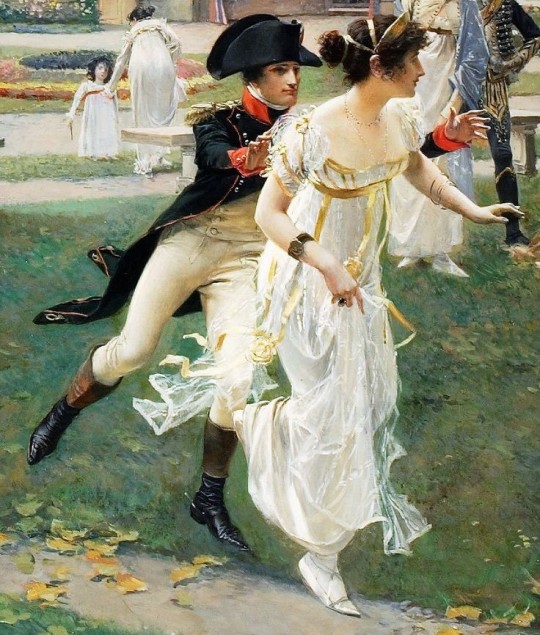
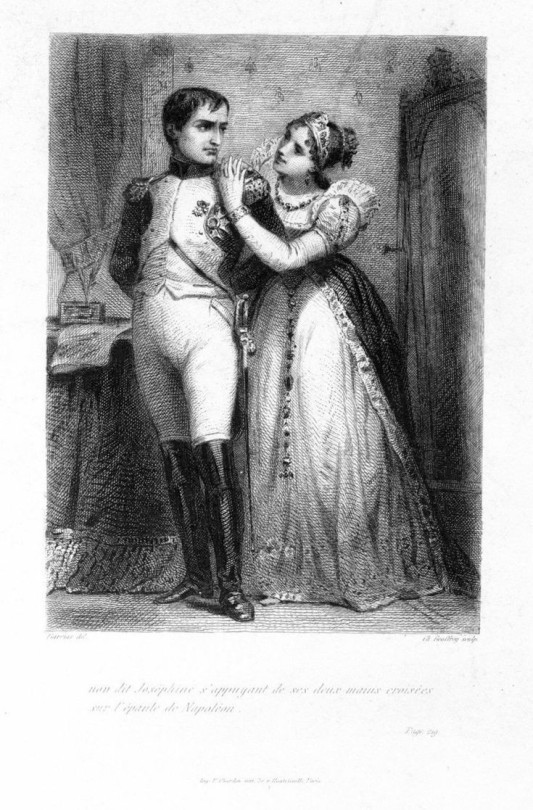
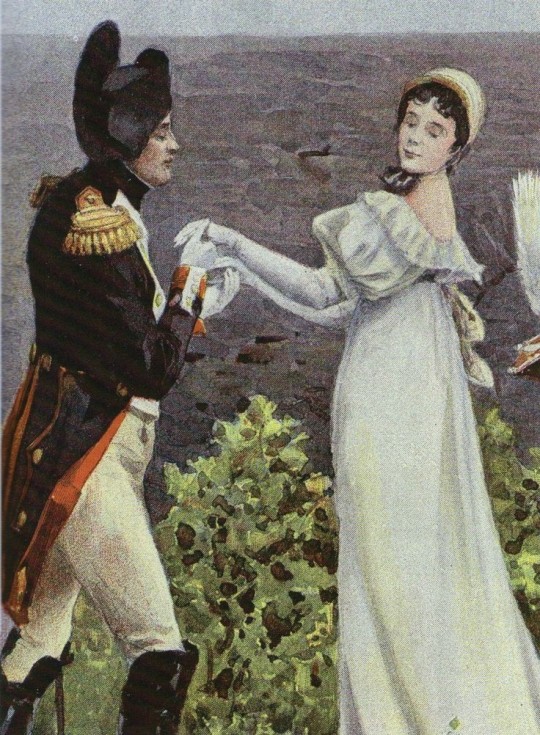

Happy Valentine's Day with Napoleon and Josephine 💖
#napoleon#napoleon bonaparte#napoleonic era#josephine de beauharnais#valentines day#napoleon valentine#french empire#history#1800s#bonaparte#general bonaparte#bonapartist#france#napoleonic empire#I wish there was more art showing them in lovely poses together#french history
132 notes
·
View notes
Photo

The greatest extent of the Napoleonic empire, 1812
154 notes
·
View notes
